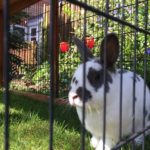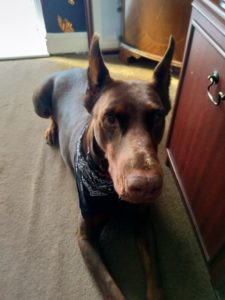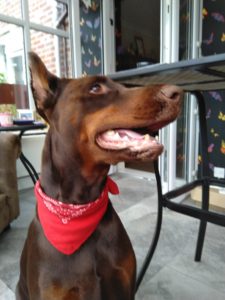A HUGE CONGRATULATIONS to Helen who is now an Advanced Practitioner in Emergency and Critical Care (ECC).
Helen completed her ECC Certificate in 2017 after completing three years of extra studying through the British Small Animal Veterinary Association (BSAVA). After passing all of her exams Helen has worked hard to complete her ‘Advanced Practitioner’ status.
Our governing body, The Royal College of Veterinary Surgeons (RCVS) describes advanced practitioner status as “those veterinary surgeons who we have accredited at postgraduate certificate level (Masters level 7), and who have not only demonstrated knowledge and experience in a particular area of veterinary practice beyond their initial primary veterinary degree, but who have also confirmed that they continue to be up to date in their field over and above our minimum requirements for continuing professional development (CPD).”
Not only is this a huge achievement for Helen, but her passion and knowledge in this area are invaluable to Hollybank as a hospital and in providing the very best out of hours care.
Well done Helen!!



